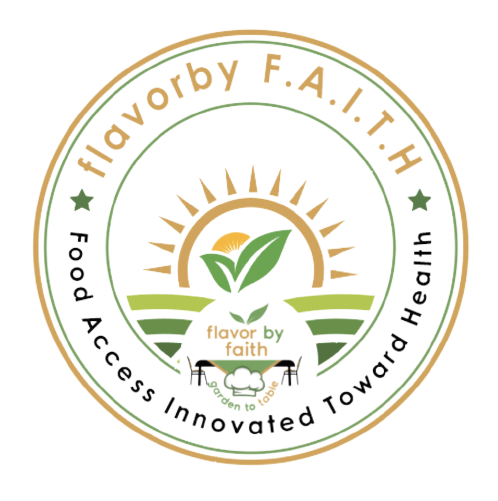We finally crash-landed in Northeast Washington, residing away from a suitcase when you look at the basement that is cramped room—full-sized sleep, ground-level screen, lamp, nightstand—of a really good household We barely knew whom owned a renovated, four-bedroom townhome simply off H road NE. I’d skidded up to a halt into the ranks for the newly bad.
That autumn through the searching cup included trying to get edibles stamps in the social service office, navigating the hardscrabble section of the neighbor hood, and mowing a friend’s yard for $50 a cut (pocket funds for spending time with my teenagers). Among the list of facts i came across disturbing, however, ended up being my time as Alice-in-Payday-Lending Land, latest patron of the complex realm of economic service when it comes to poor.
Visiting the Ace Check Cashing shop and using my destination lined up behind a senior black colored guy in shabby clothing, leaning on a cane, and a tired-looking younger Hispanic girl wear a T-shirt plastered using the name of the cleansing providers, ended up being a determination which was simple and hard during the exact same time.
Both my moms and dads are excellent Depression children whom was raised bad under Jim Crow in rural Maryland but worked and sacrificed to carve down a middle-class lifestyle in my situation and my siblings. Preaching thrift and monetary duty, their sermons clung for me, but didn’t constantly stick.
Walking into Ace, in the part of 6th and H roads in DC’s Atlas community, sensed like strolling into a strip club on Sunday morning: Embarrassing and shameful, a betrayal to my moms and dads’ values. “Places similar to this,” we thought, “are for other people—that hard-hat employee with dirty shoes and a tobacco cigarette behind his ear, completing financing application in the countertop. That tattooed mom within the nurse’s scrubs behind me personally, wrestling together with her hyperactive son that is four-year-old. My crackhead relative, someplace into the Baltimore tasks. My kinfolk within the Maryland countryside, getting by on federal government impairment.”
The individuals I thought I was much better than.
My mind, my empty wallet, my growling belly, additionally the $50 sign in my pocket argued various: ”You want foods, along with the youngsters next sunday. The coach ain’t free and also you can’t consume pride. Get in, and money the damn check.”
Within the queue at Ace that summertime night in 2014, exhausted, sweaty, prepared to fork over A pleased Meal’s-worth of this cash i simply earned—taking my destination behind a middle-aged girl in denim shorts, T-shirt and low priced sneakers, and red foam rollers peeking out of under her scarf—a James Baldwin estimate lit up at the back of my stressed-out mind. i possibly couldn’t remember where I’d heard it; possibly in university or even a PBS documentary, however https://paydayloanadvance.net/payday-loans-mi/niles/ in that second the context ended up being since bright whilst the neon that is buzzing out front side.
“Anyone who may have ever struggled with poverty,” Baldwin once had written, “knows just exactly how excessively high priced it really is become bad.”
I may have now been a complete complete stranger into the global realm of the underbanked, but studies have shown We isn’t alone. Exactly the same economic hurricanes which have eroded the center class—declining wages, increasing expenses of residing, companies squeezing the job of two workers away from just one single, the ruinous housing bust—gave me plenty of metaphorical providers.
“Twelve million United states grownups use payday advances annually,” based on the Pew study. Scientists discovered “about 5.5% of adults nationwide used an online payday loan in the last 5 years, with three-quarters of borrowers making use of storefront loan providers and very nearly one-quarter borrowing on line.”
In the exact same time, “while reduced earnings are connected with a higher odds of pay day loan use, more aspects could be more predictive of payday borrowing than earnings,” the survey receive. “For instance, low-income property owners is less vulnerable to use than higher-income tenants: 8% of tenants earning $40,000 to $100,000 has utilized payday advances, in contrast to 6% of property owners earning $15,000 as much as $40,000.”

